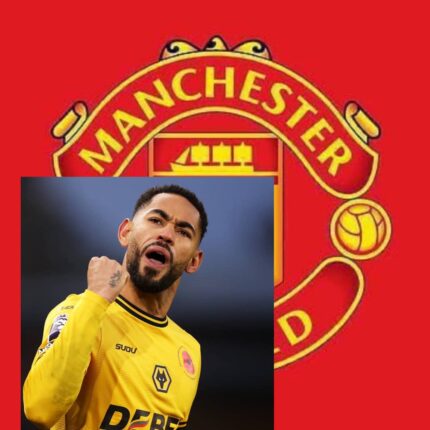Manchester City has accused the Premier League of providing a “misleading” summary of the arbitration panel’s ruling in its recent legal challenge over the associated party transaction (APT) rules. These rules are designed to ensure that sponsorship deals involving club owners are of fair market value. The case, which centered on Manchester City’s claim that some aspects of these rules were unlawful, led to a partial victory for the club, with two aspects of the rules deemed unlawful by the tribunal.
However, the Premier League maintained that the tribunal’s findings largely upheld the APT system, which regulates commercial deals involving clubs’ owners. Manchester City, dissatisfied with how the Premier League summarized the verdict, wrote a letter to top-tier clubs and the league, highlighting several inaccuracies in the summary. The dispute could have significant implications for future commercial transactions between clubs and their owners, with both sides interpreting the ruling in different ways.
Content of the Letter: Manchester City’s Legal Clarifications
In a letter addressed to Premier League clubs and the league, Manchester City’s general counsel, Simon Cliff, clarified the club’s position on the tribunal’s ruling. Cliff accused the Premier League’s chief executive, Richard Masters, of issuing a summary that was not only misleading but also filled with inaccuracies. According to Cliff, the tribunal ruled the APT rules to be unlawful, implying that all the rules governing these transactions are void and unenforceable.
Cliff refuted the Premier League’s claim that the ruling endorsed the APT system as a whole, explaining that the judgment only found a few aspects of the rules to be legally non-compliant. In contrast, City argued that the ruling had broader implications, invalidating the entire framework. The letter emphasized that this ruling could have a significant impact on both past and future commercial transactions under the APT rules, urging Premier League clubs to approach any rule amendments with caution.
Premier League’s Response: A Battle Over Interpretation
While Manchester City argued that their legal action had succeeded, the Premier League also welcomed the tribunal’s findings, stating that only a small number of the APT rules were deemed non-compliant. The Premier League believes that these issues could be resolved swiftly through minor amendments to the rules, allowing the league to continue regulating sponsorship deals effectively.
However, Manchester City’s interpretation of the verdict has intensified tensions, with Cliff warning of possible legal consequences if the Premier League proceeds to amend the rules hastily. He suggested that the tribunal’s decision rendered the APT rules void, leaving uncertainty about how clubs should approach existing and upcoming sponsorship deals. This disagreement could lead to further legal action if clubs are not careful in their response to the ruling.
Potential Impact on Future Legal and Financial Battles
This latest exchange between Manchester City and the Premier League signals an escalation in their long-standing disputes over financial regulations. The exclusion of low-interest shareholder loans from APT regulations, which the tribunal deemed unlawful, has become a flashpoint in the debate. Manchester City may pursue compensation for any financial losses they believe resulted from the APT rules, further deepening the legal battle.
The Premier League, however, remains confident it can amend the APT rules to align with competition law, and it has begun consultations with clubs to secure the necessary support. Some clubs worry that relaxing the APT regulations could give wealthy owners more leeway to boost their clubs’ commercial revenue, potentially leading to competitive imbalances. The outcome of this case, combined with Manchester City’s ongoing arbitration over more than 100 financial rule breaches, could reshape how financial rules are enforced in the league for years to come.














